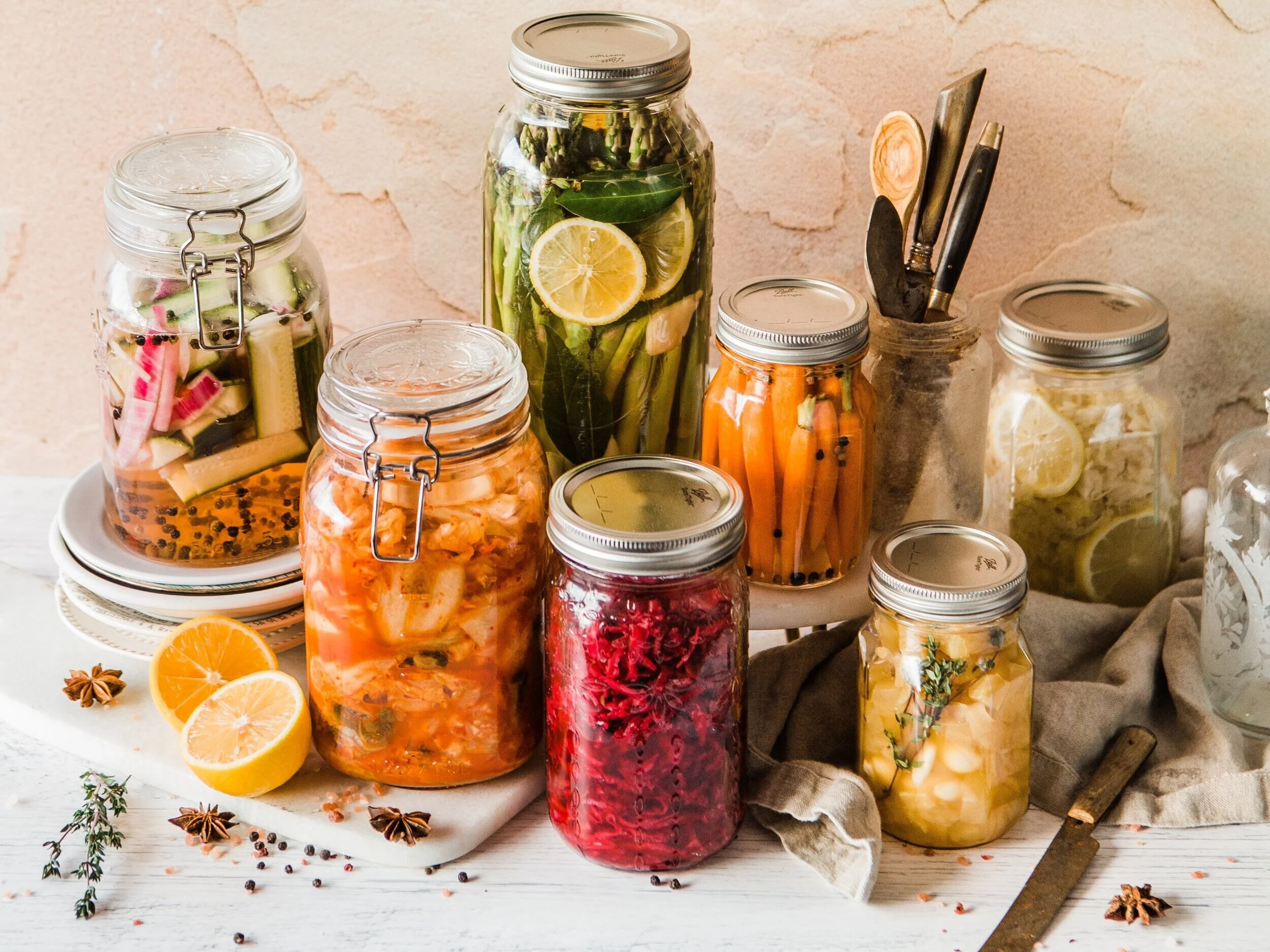WELCOME TO OUR ACADEMY RESOURCE LIBRARY.
Here, you will find resources on health and wellness. I am constantly updating this library and adding new content. Check back as often as you like. The other tabs in the Academy space are to deepen your knowledge in specific topics such as breath work, traditional food ways, and the childbearing years.
lymphatic system
Read about the connection between Traditional Chinese Medicine (TCM) San Jiao meridians and the lymphatic system.
Understand the importance of lymph drainage and how to support yours.
NERVOUS SYSTEM & Mental health
Here is a document about macronutrients and mental health.
Here is a list of herbs / descriptions to support the nervous system in different ways.
You can read here about building vagal tone for mental health.
GENETIC / ANCESTRAL EATING
This article outlines the 5 common genetic mutations that affect what kinds of foods are best for you.
Here is a food atlas that can help you determine which of your ancestral foods are indigenous to your ancestors’ home regions.
BEnEFICIAL GUT FLORA
I love this article by Michael Pollan about ways we acquire beneficial gut bacteria.
Here is a link to my blog post about specific probiotic strains and their actions.
Here is a comprehensive guide to making, maintaining, and cooking with your own sourdough starter.
Specific health conditions
This is a 90 day guide for healing adrenal fatigue.
Here is an eBook offering support for those with MTHFR gene expression.
This is an excellent support document for those with type 2 diabetes.
It is possible to recover and heal from chronic depression and this eBook offers guidance.
Here is a protocol for healing uterine fibroids.
MINDFUL / INTUITIVE EATING
This book is a great resource to get started with mindful eating.
You can read the 10 principles of intuitive eating here.
This is an incredible, free 8-week training in mindfulness-based stress reduction (MBSR).
BRAIN and mind
For many people, the mind and brain are interchangeable. They use one word or the other to talk about the same thing: the organ in our skull that we use to think.
However, the mind and brain are actually two very different, but interconnected, entities. As a neuroscientist, this reality is the foundation of my life's research and work: The mind works through the brain but is separate from the brain.
So what exactly is the difference between the mind and the brain? Well, the mind is separate, yet inseparable from, the brain.
The mind uses the brain, and the brain responds to the mind. The mind also changes the brain. People choose their actions—their brains do not force them to do anything. Yes, there would be no conscious experience without the brain, but experience cannot be reduced to the brain's actions.
The mind is energy, and it generates energy through thinking, feeling, and choosing. It is our aliveness, without which, the physical brain and body would be useless. That means we are our mind, and mind-in-action is how we generate energy in the brain.
This is a major part of the activity we pick up with brain technology. When we generate this mind energy through thinking, feeling, and choosing, we build thoughts, which are physical structures in our brain made of proteins. This building of thoughts creates structural changes in the brain, called neuroplasticity.
In my recent clinical trials, we saw how energy in the brain changed as the subject was thinking, stimulating neuroplasticity. The brain was responding to the person's stream-of-consciousness and nonconscious activity.
The mind is a stream of nonconscious and conscious activity when we're awake, and a stream of nonconscious activity when we're asleep. It's characterized by a triad of thinking, feeling, and choosing. When you think, you will feel, and when you think and feel, you will choose. These three aspects always work together. So, how does this affect us?
The brain is an extremely complex neuroplastic responder. This essentially means, each time it's stimulated by your mind, it responds in various ways—including neurochemical, genetic, and electromagnetic changes. This, in turn, grows and changes structures in the brain, building or wiring new physical thoughts.
The brain is never the same because it changes with every experience you have, every moment of every day. In sum: Your mind is how you, uniquely, experience life. It's responsible for how you think, feel, and choose. And your physical brain merely responds to these unique experiences.
Knowing your mind and brain are separate puts you in the control seat because you can learn to manage your thoughts and actions. Ultimately, it means you can choose what you build into your brain and how you choose to change what's already built in.
When you learn how to manage your mind, you can make feelings of depression, stress, anger, and anxiety work for you instead of against you. You can bring balance back into your brain and life.
Gratitude to Caroline Leaf, Ph.D. for this healing information.
EUROPEAN herbalism
This is a comprehensive resource from Dandelioness Herbals for making your own herbal medicines, from tinctures and teas to salves and ointments.
This eBook by Henriette Kress, Practical Herbs, details how to develop an herbal medicine practice, from growing and harvesting to medicine-making and using specific plants for various conditions.
Gain support here for taking care of little ones with herbs during cold and flu season.
Christopher Hobbs put together this terrific resource about herbs for infections and related diseases.
This eBook by Brigitte Mars is a wonderful guide to herbs for mental and emotional health.
Larken Bunce created this helpful document on herbs for digestive health.

